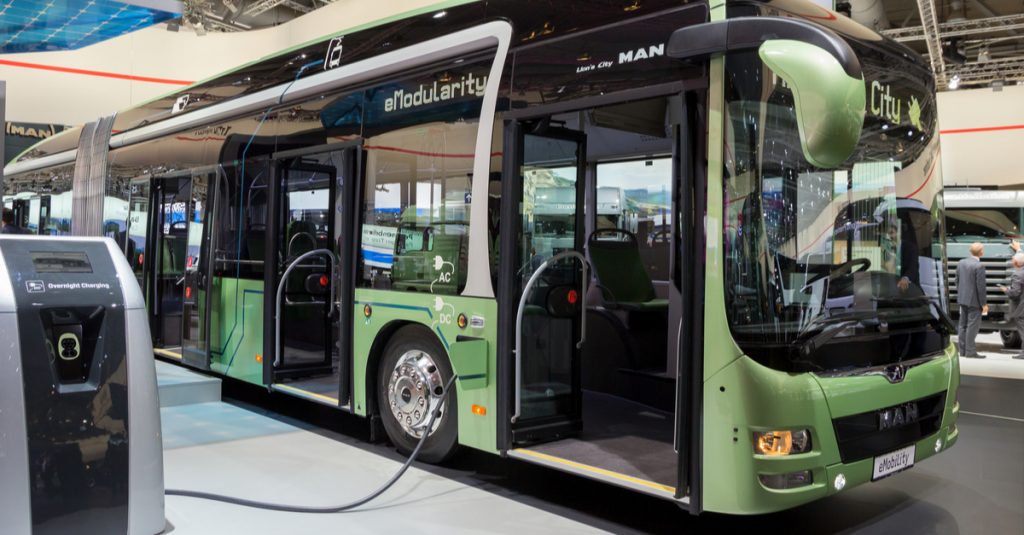In 2021, two electric buses will join the fleet of the Seychelles Public Transport Corporation (SPTC), the sole provider of public transport services in Seychelles. These buses equipped with electric motors will be tested as a mode of public transport. “The aim is to analyse their efficiency on our roads. This will help us decide which routes the buses will take, as Seychelles is a mountainous region and electric buses are not really designed for hilly roads,” said Wills Agricole, Principal Secretary for Energy and Climate Change.
The running-in of these two electric buses on the most populated islands of Mahé and Praslin will be the pilot phase of the Seychelles Electric Mobility Project, which will enable the construction of infrastructure such as solar charging stations on the three most populated islands, Mahé, Praslin and La Digue. Funded to the tune of US$500,000 from the United Nations Global Environment Facility (GEF), the project will be implemented by the Seychelles Ministry of Environment, Energy and Climate Change in collaboration with the Department of Land Transport.
Exemption from import duties for electric cars
The electric mobility project will position Seychelles on the path to low-carbon transport, reducing the archipelago’s dependence on fossil fuels, which emit greenhouse gases. The Seychelles authorities have already realised this by providing incentives for the use of electric vehicles.
On July 15, 2015, five months before the 21st United Nations Climate Change Conference (COP21) in Paris, the importation of electric cars was exempted from all taxes on the archipelago.
The development of electric mobility in the Seychelles, with its network of solar charging stations, is part of the energy strategy drawn up by the government in October 2018. This strategy aims to provide at least 15% of the island state’s energy needs from renewable sources by 2030.
Boris Ngounou
